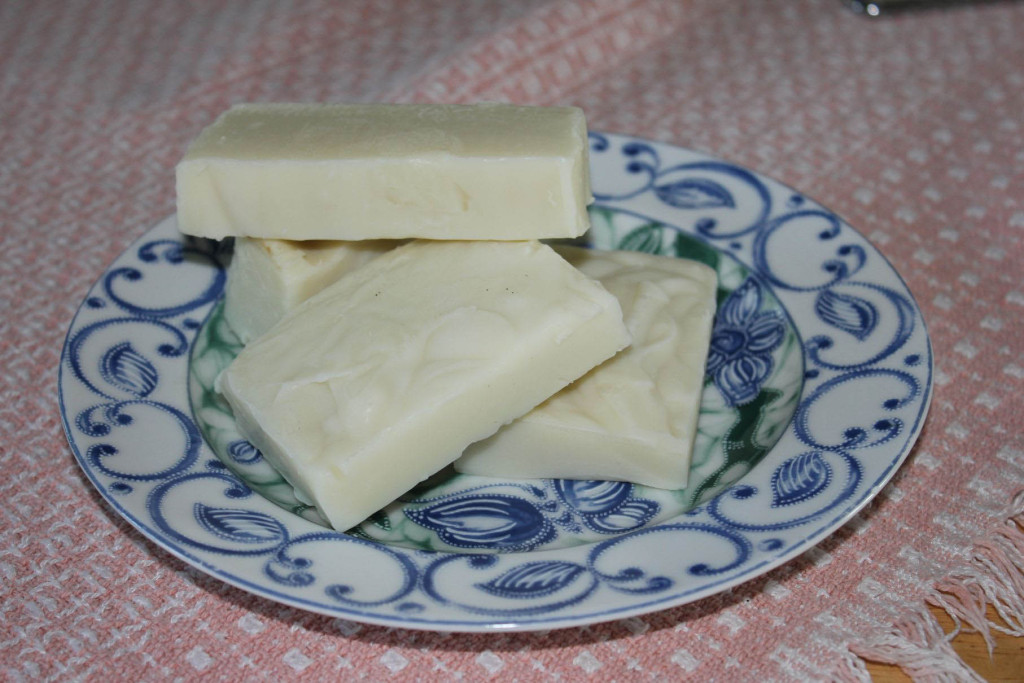
I recently taught a workshop on soapmaking at our local folk school. I was telling a friend about it and she asked a pretty profound question: Why do you bother?
It pays to ask this kind of question from time to time. The truth is that much of what I routinely do is optional. I can afford to eat without my garden and critters. I can get good quality soap and candles, hand cream and lip balm without spending my time and energy creating them. I’d probably save a bit of money, but in truth, if I calculate my salary after expenses, I would do better picking up cans from the side of the road for the nickel return.
But I do it anyway, and here is why.
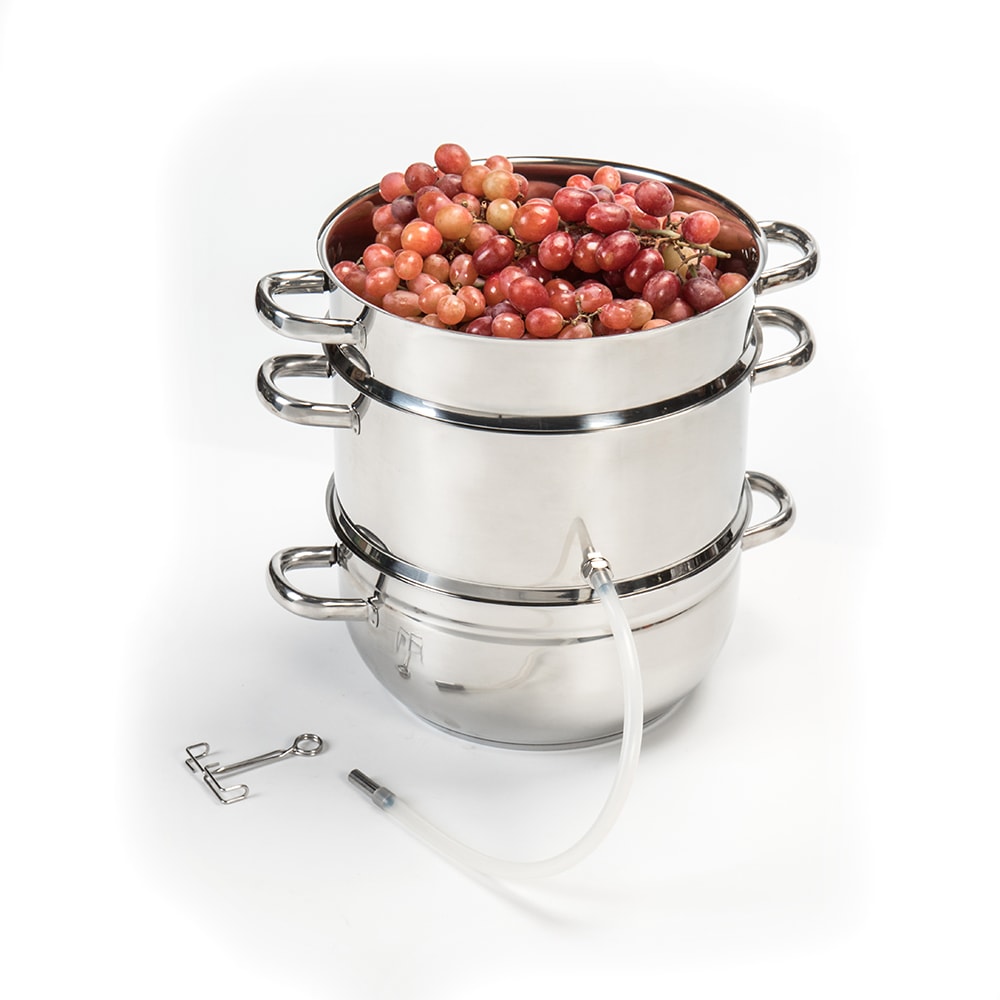
I like to keep my life as local as possible. I like to deal with local farmers and artisans, and I know they would rather support me than a multinational. I like to know what I’m consuming and putting on my body. Labels are sometimes misleading. When I do it myself I’m sure. I prefer investing in myself. When I buy a commercial soap, I’ll use it and then it’s gone. When I buy a soap mold, I shall have it forever.
My candle molds, my Mason jars, my steam juicer, my grain grinder are all investments in myself and my family. Most will be passed on to my children and some things (think cast iron cookware) will be passed on to theirs. My recipes, carefully written and slipped into clear protectors, will remind my granddaughter how to make that special bread and what went into the lip balm she loved when she was little.

The most important reason though is that I want to know how. I want to know to bake bread and make soap. I may never need to do it in the sense that I’ll die if I can’t, but I still want to know. It’s our heritage and part of our muscle memory. Knowing how to program my DVD player would be nice but it will never be critical. I have been reading about the history of soap in the world (I know. My nerdiness takes center stage sometimes) and it really is fascinating.
You can judge how a civilization is doing by how much soap they use. During difficult times, soap is in short supply because families can’t spare the fats for such a perceived luxury.
With nothing but a can of lye, water and any fat or oil, even vegetable shortening, you can make 40 cakes of soap, a full year’s worth for most families, with some left over to trade. I think that’s not a bad thing to understand.
Editor’s Note: This post was first published in July 2015.

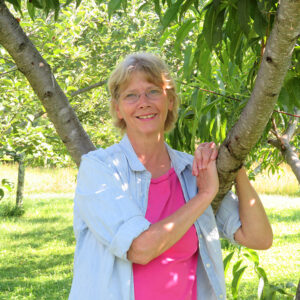
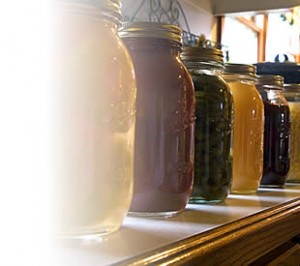
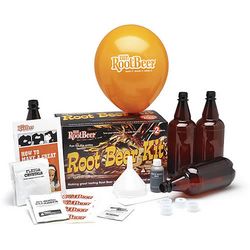


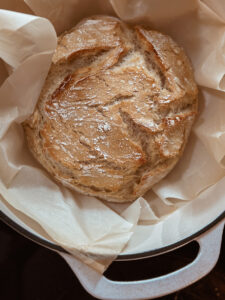
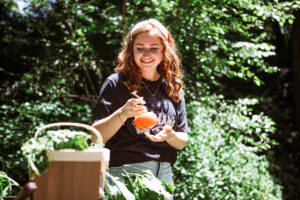
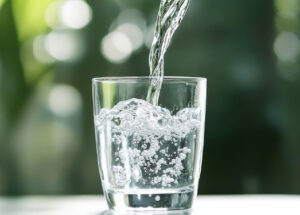

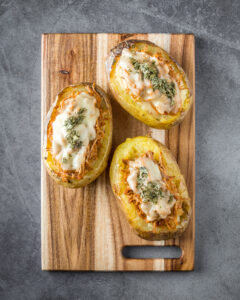

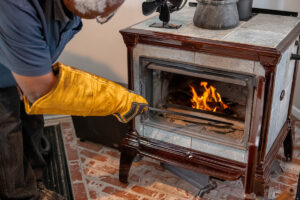







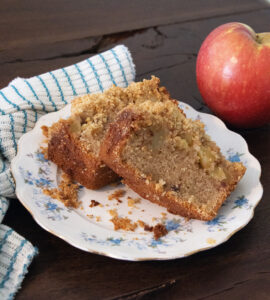

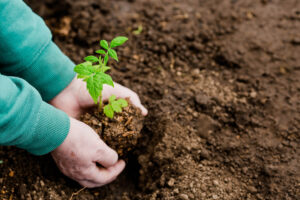
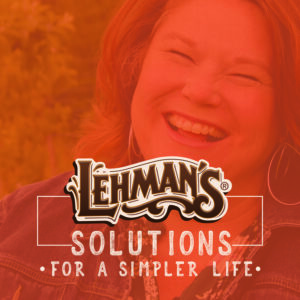



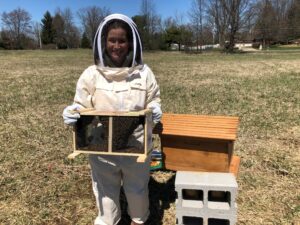

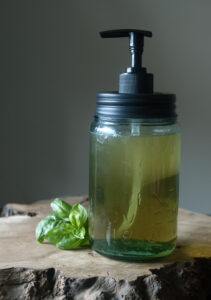

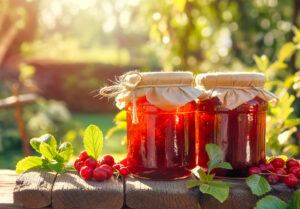
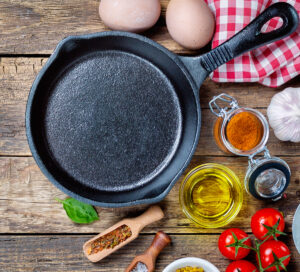
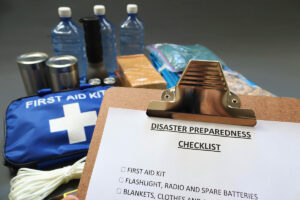

Thank you for sharing your experiences; it is an encouragement to me, as I begin to start my journey into homesteading. What are your thoughts on adding oils for medicinal purposes? Frankincense?
I don’t use them but my daughter finds them helpful.
I like learning new things and am finding better ways to feed my family. And as you said if you buy a soap mold you can re use it. We have become a disposables society but what if it all go3s to hades? The skills might just come in very useful
Post the recipe for the soap.
Dont you mean water bath is easy with high acid foods?!? I am learning soap making this year, so many large companies no longer (if they ever did) share or even support my values.
It is good, even valuable to know how to do things the old way. Search the internet for “The Carringdon incident:” A Coronal Mass Ejection could put us all back to the 1850’s in a few minutes time. Then what would people do?